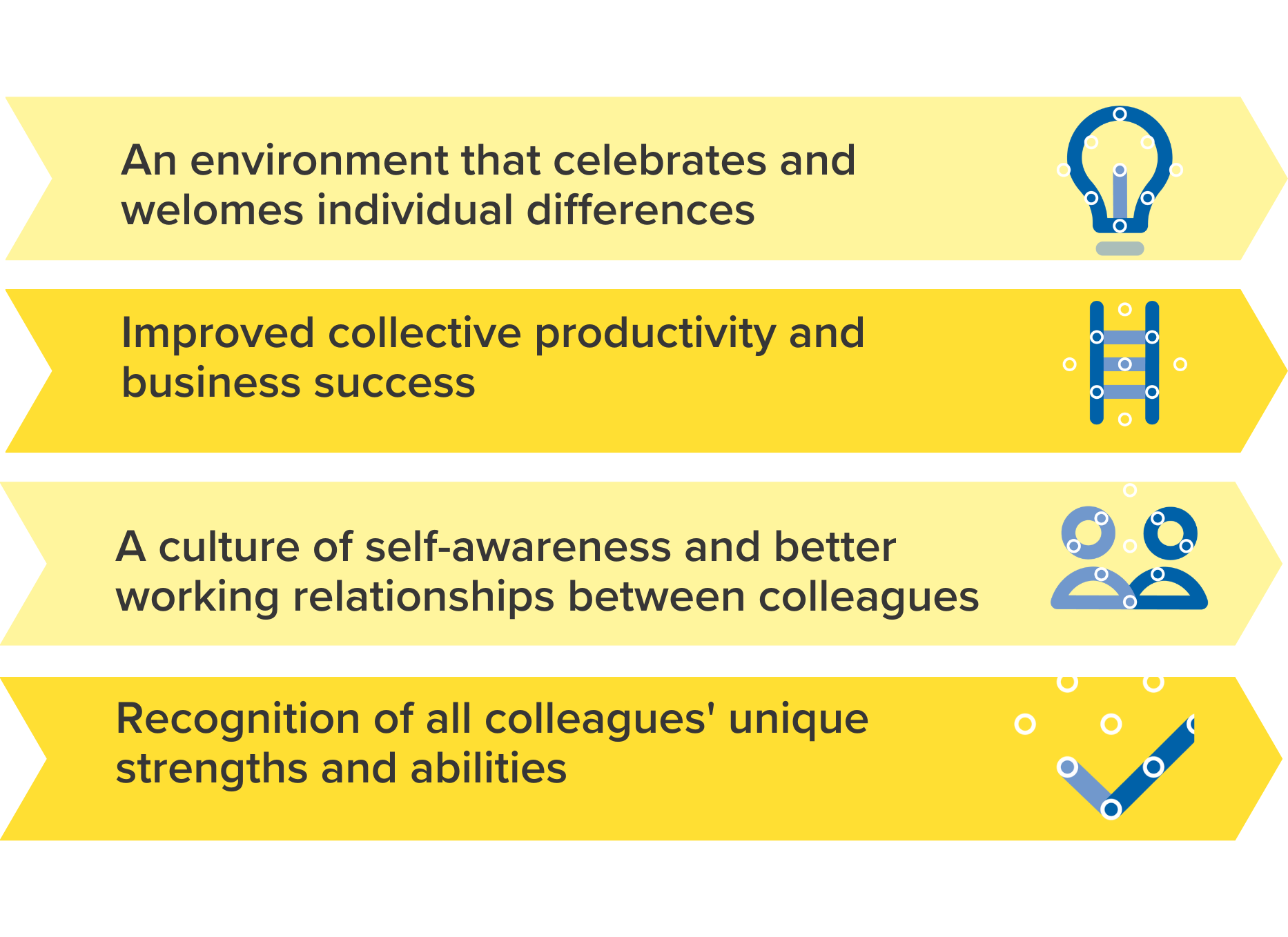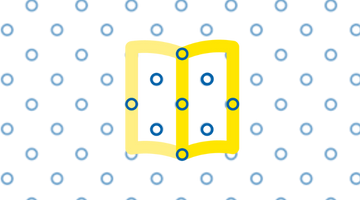An organisation can only be truly successful when every team member has the opportunity to fully utilise their skills and talents.
The key thing to remember is that all workplace teams are by their nature neurodiverse: different people communicate, work and thrive in different ways.
So you need to cultivate an organisational culture that embraces and celebrates neurodivergent colleagues – just like any other form of diversity.
By empowering neurodivergent colleagues to play to their strengths and recognising the contribution they can bring to your organisation, you can open up a whole range of benefits, including:







